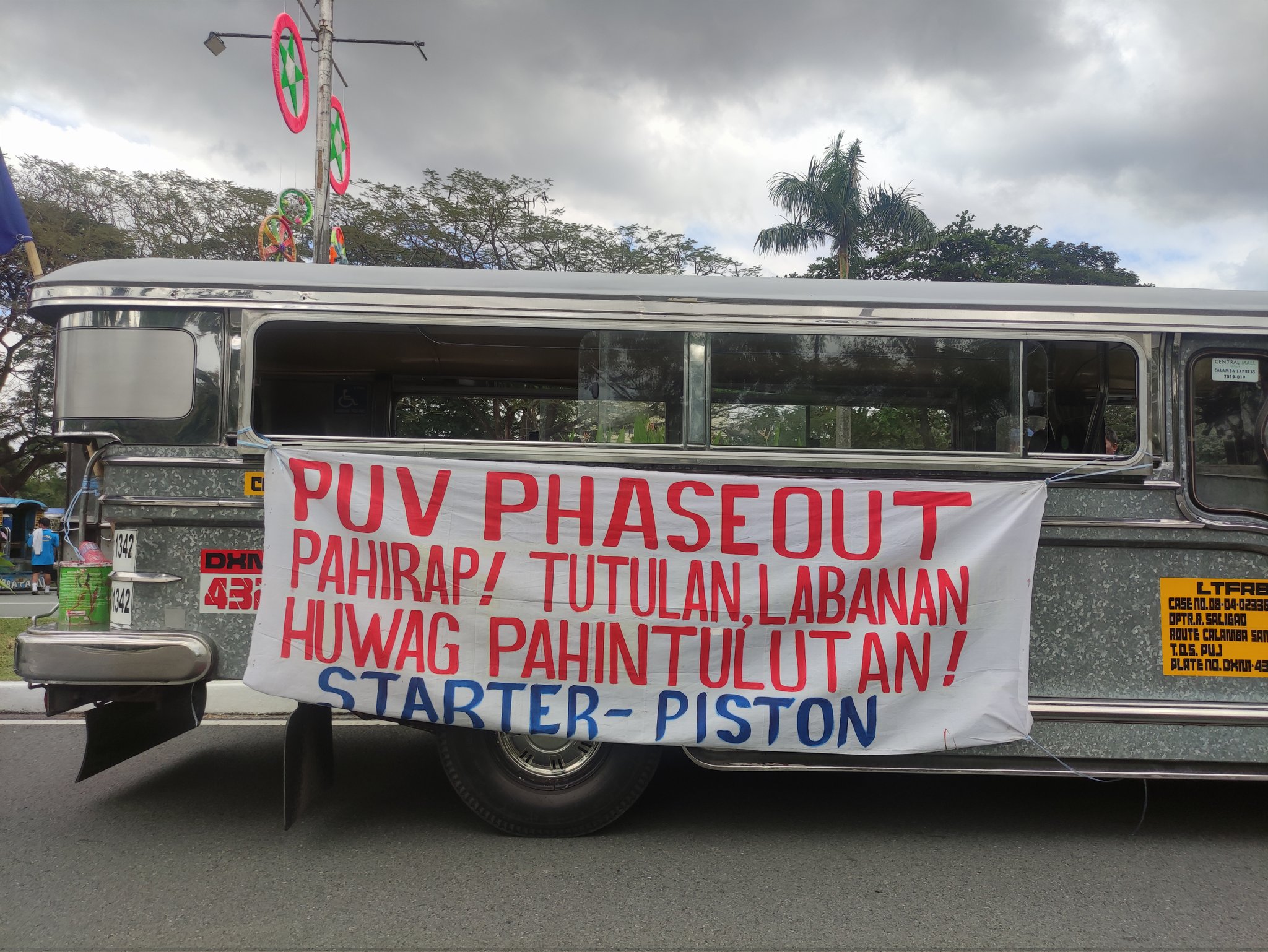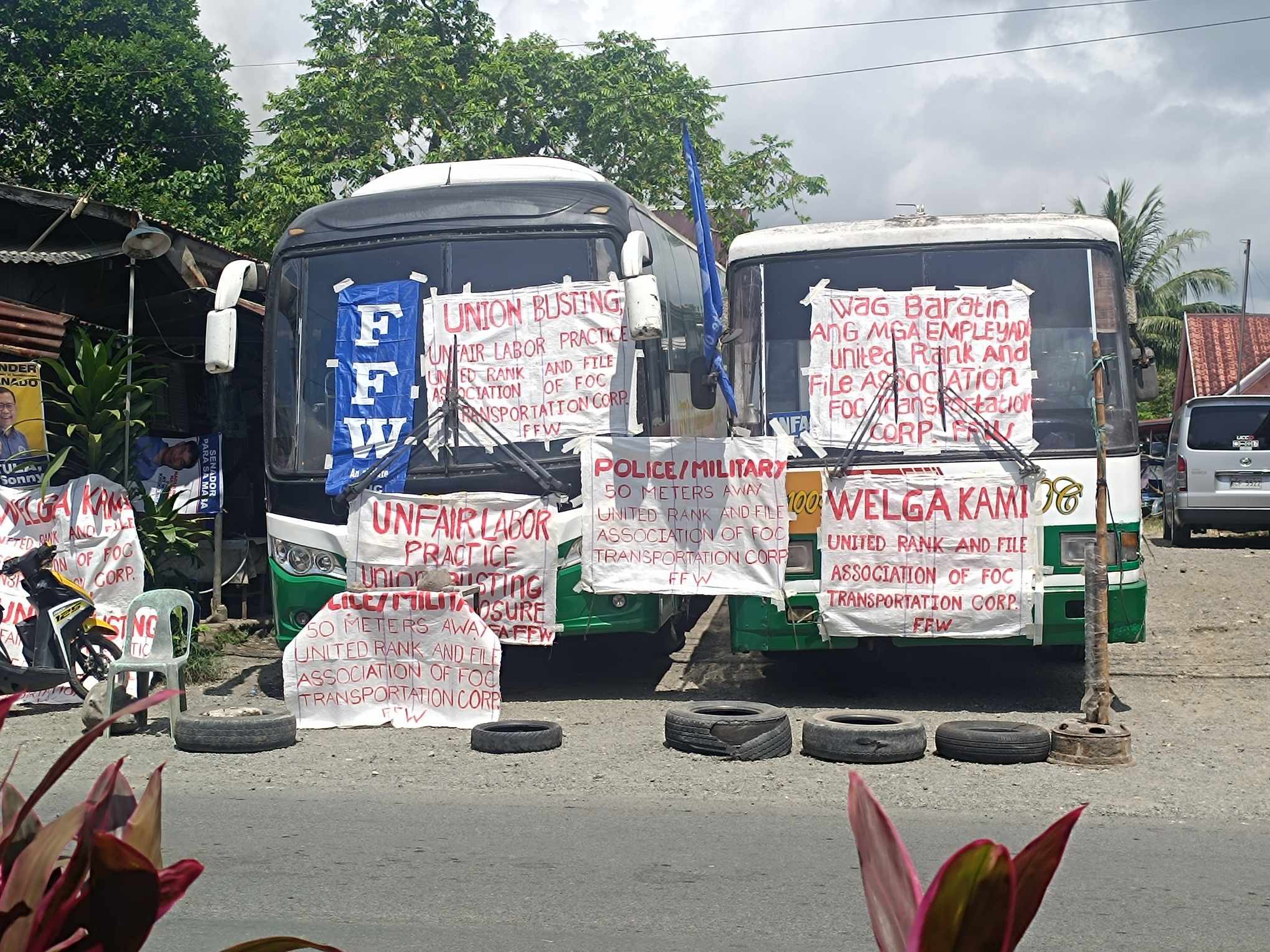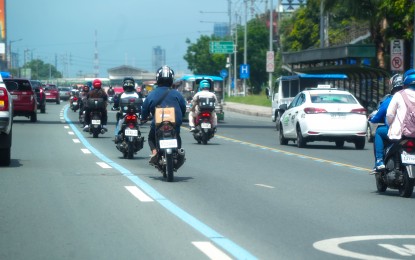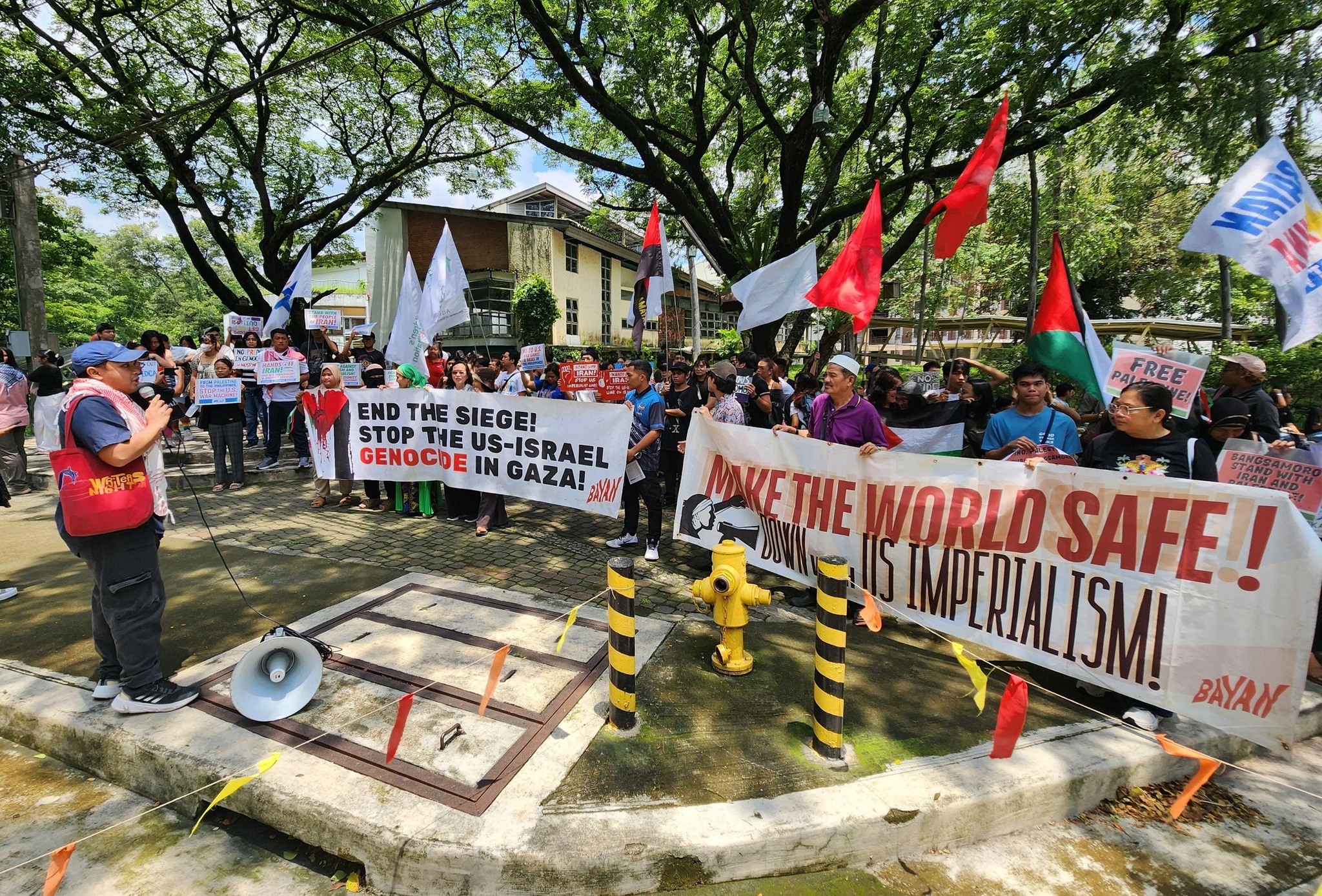The Supreme Court declined late Thursday evening to temporarily block the implementation of the Public Utility Vehicle Modernization Program (PUVMP), allowing the government to push through with tomorrow's deadline for franchise consolidation.
The court has instead ordered the Department of Transportation (DOTr) and the Land Transportation Franchising and Regulatory Board (LTFRB) to comment on the petition versus PUVMP filed by a group of PUV drivers and operators, and commuters.
The agencies were given 10 days to reply to the petition, which, at the earliest, is January 7, 2024. Only after then will the justices decide whether to issue an order blocking the program as the case progresses in the high court.
The order could be seen as a small, but significant, victory for the petitioners, led by transport group Pagkakaisa ng mga Samahan ng Tsuper at Operator Nationwide (PISTON), as the high tribunal did not outright reject their plea.
But with only three days before the consolidation deadline, the order was a triumph for the Marcos administration, which has remained steadfast in pushing through with the deadline tomorrow.
Under the consolidation scheme, jeepney operators plying along a route must form or join a cooperative or corporation, or risk losing their franchise to operate. Groups oppose the PUVMP for coercing PUV operators into getting exorbitant loans to buy a modern jeepney unit.
Franchise consolidation is just one part of the government’s PUVMP, which aims to eventually remove all traditional jeepneys and replace them with modern units.
However, the LTFRB itself conceded that nearly three in four jeepneys, or 31,058 units, in Metro Manila alone have not yet consolidated. Moreover, some two-thirds of jeepney units in the Southern Tagalog region have also not applied for consolidation. Nationwide, 30 percent of traditional jeepney units have yet to consolidate, the same LTFRB data showed.
While President Ferdinand Marcos Jr. labeled the unconsolidated jeeps as a delay-causing “minority,” the government’s own statistics was enough to force the LTFRB to allow some unconsolidated jeeps to operate next year, subject to stringent restrictions.
On Thursday, LTFRB announced that unconsolidated traditional jeepneys will be allowed to operate in routes with less than 60 percent consolidation. These routes will be identified by the agency.
“Panakip-butas lang iyong panukalang iyan,” said PISTON National President Modeflor Floranda in the group’s statement yesterday. “Kalaunan, madadamay din sa phaseout ang mga binili ng temporary permit. Patunay na palpak ang buong programa.”
Still, operators who fail to meet the deadline tomorrow will be issued a “Show Cause Order,” requiring them to explain to regulators why they did not join a cooperative or corporation. PUV operators who will miss the deadline will no longer be allowed to undergo franchise consolidation, according to the LTFRB.
Groups fear that up to 28.5 million commuters will be affected once the government removes unconsolidated PUVs from the road, 6.2 million of which are Metro Manila commuters alone.
“Lalong lumalabas ang galit ng mamamayan. Dapat itong makita ng Supreme Court at ng buong lipunan,” said Floranda. “Kagyat at napakaraming bagay ang nakataya. Buhay ng industriya, kapakanan ng karaniwang tsuper at komyuter ang nakataya.” ●







